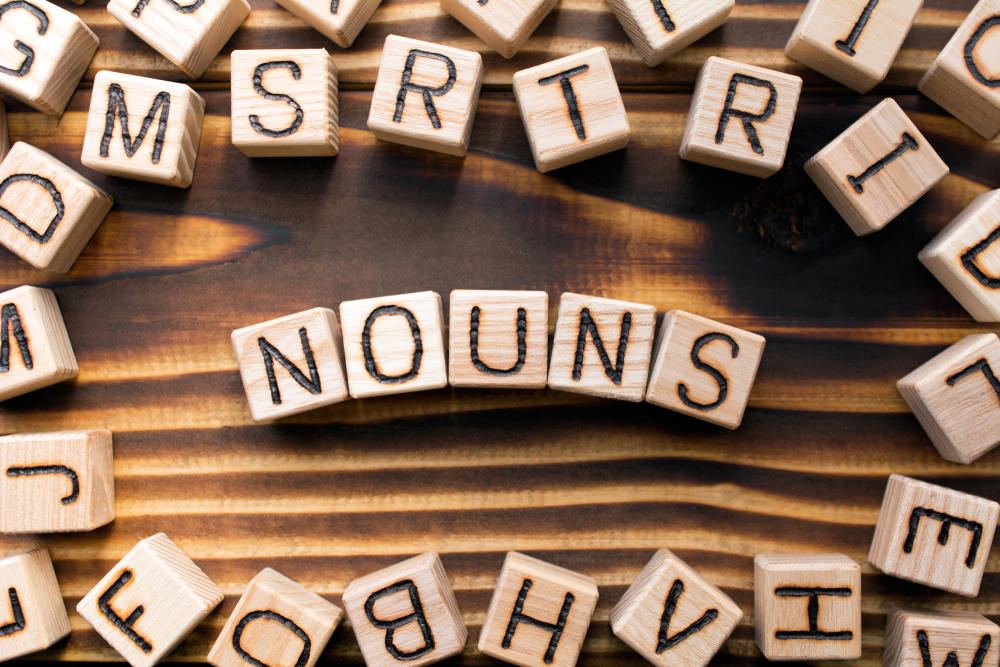Writing worksheets activities for Ages 5-7
8 filtered results
-
From - To
Discover engaging writing worksheets designed specifically for ages 5-7 at Kids Academy! Our interactive activities help young learners develop essential writing skills in a fun and exciting way. From tracing letters and crafting simple sentences to story prompts that ignite creativity, our worksheets cater to various learning styles. Each activity is tailored to enhance fine motor skills and boost confidence in writing. Ideal for both classroom settings and home practice, these resources ensure that children not only learn foundational writing techniques but also enjoy the process. Explore our collection and watch your child grow into a confident writer!
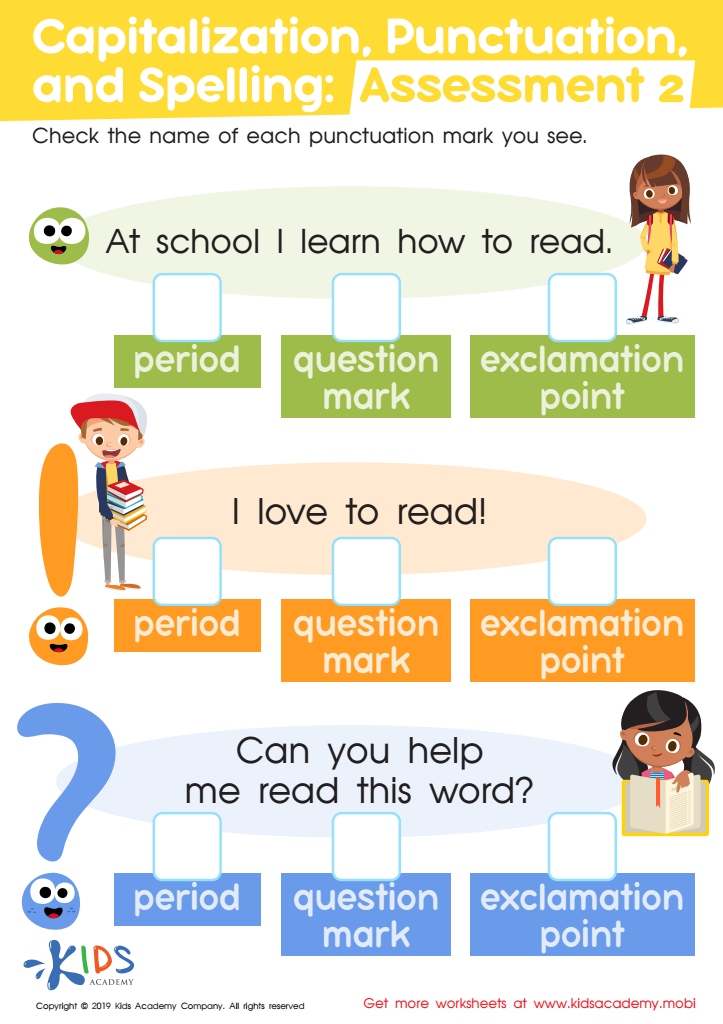

Capitalization. Punctuation. Spelling: Assessment 2 Worksheet
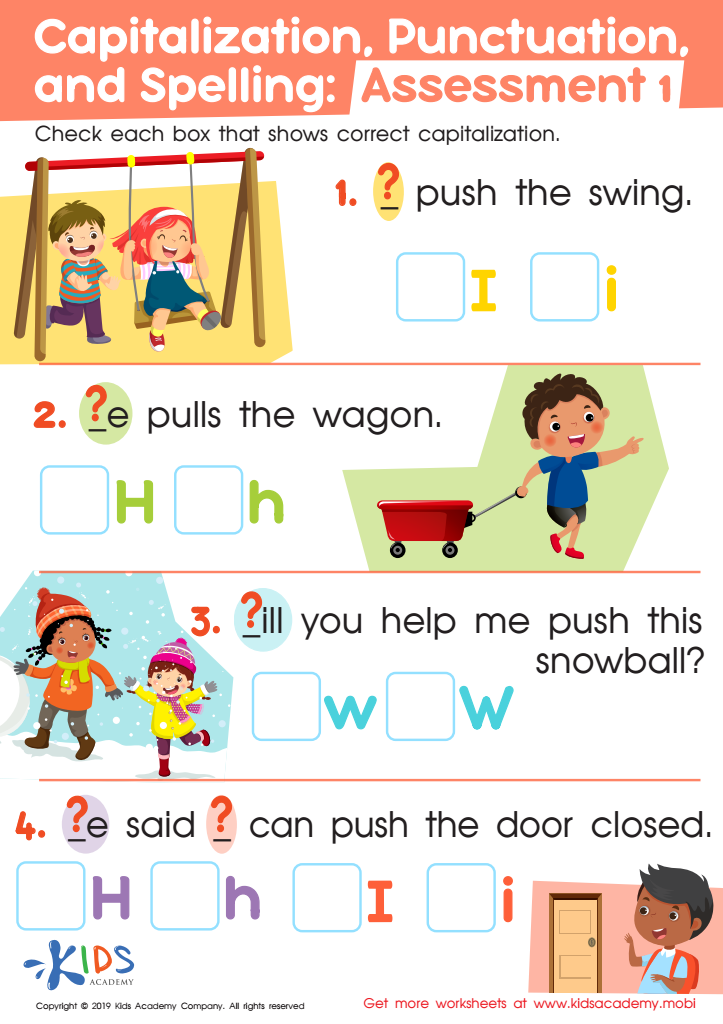

Capitalization. Punctuation. Spelling: Assessment 1 Worksheet
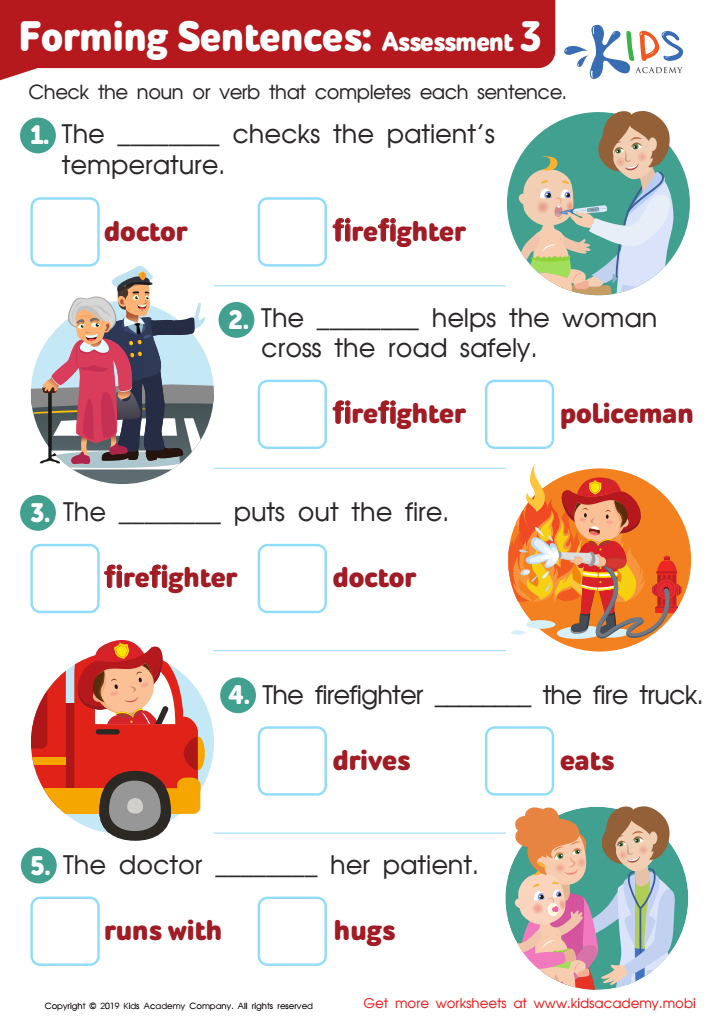

Forming Sentences: Assessment 3 Worksheet
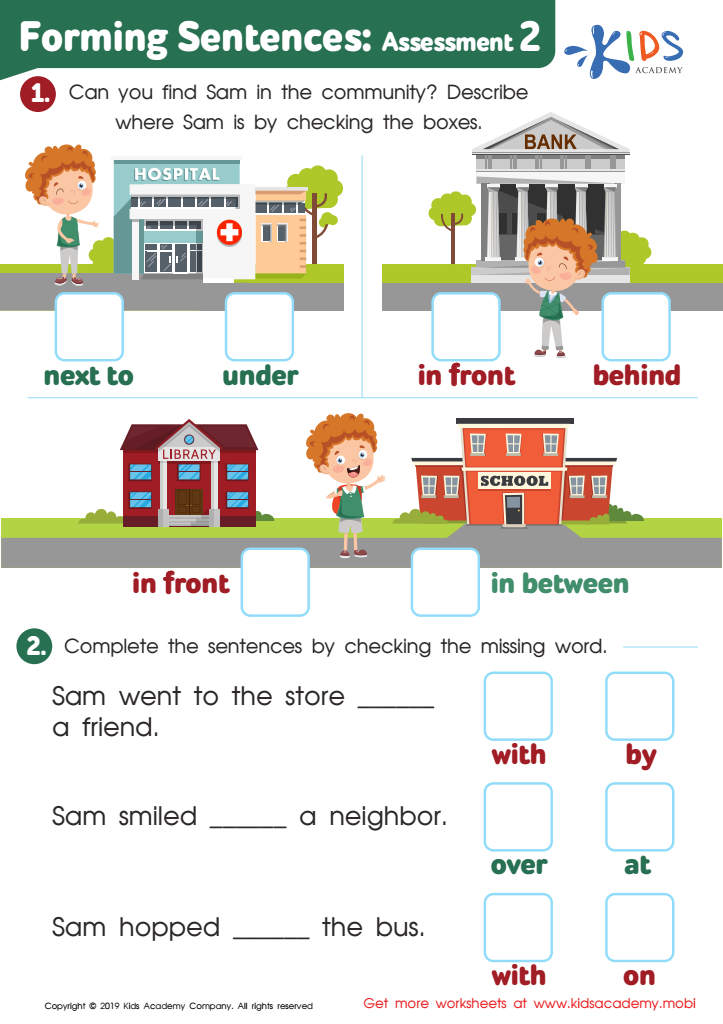

Forming Sentences: Assessment 2 Worksheet
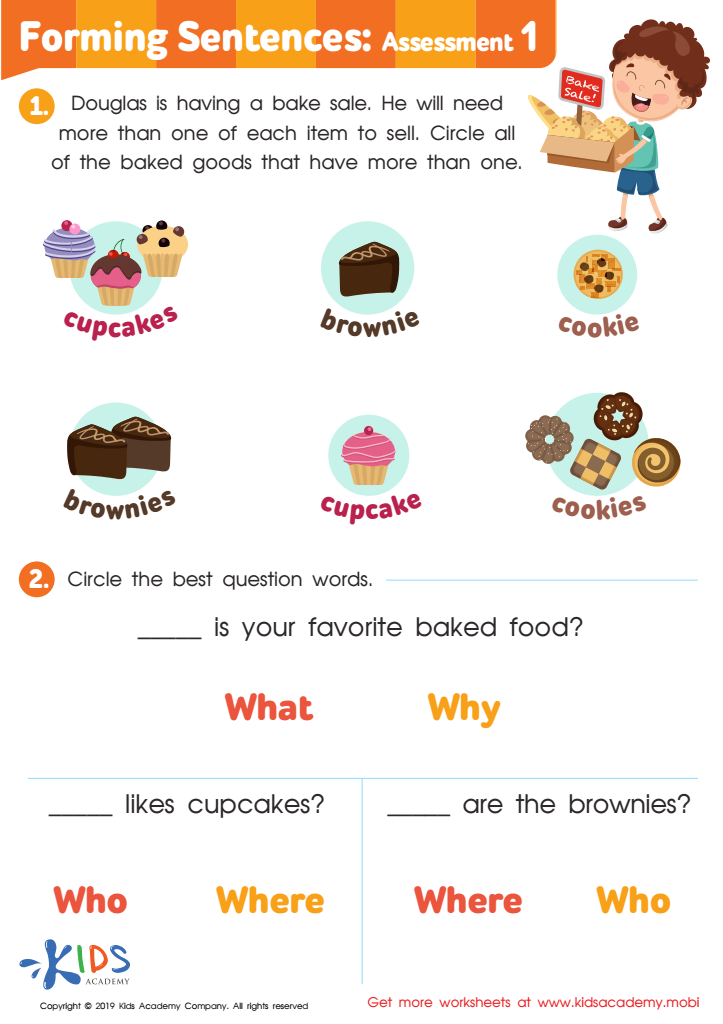

Forming Sentences: Assessment 1 Worksheet
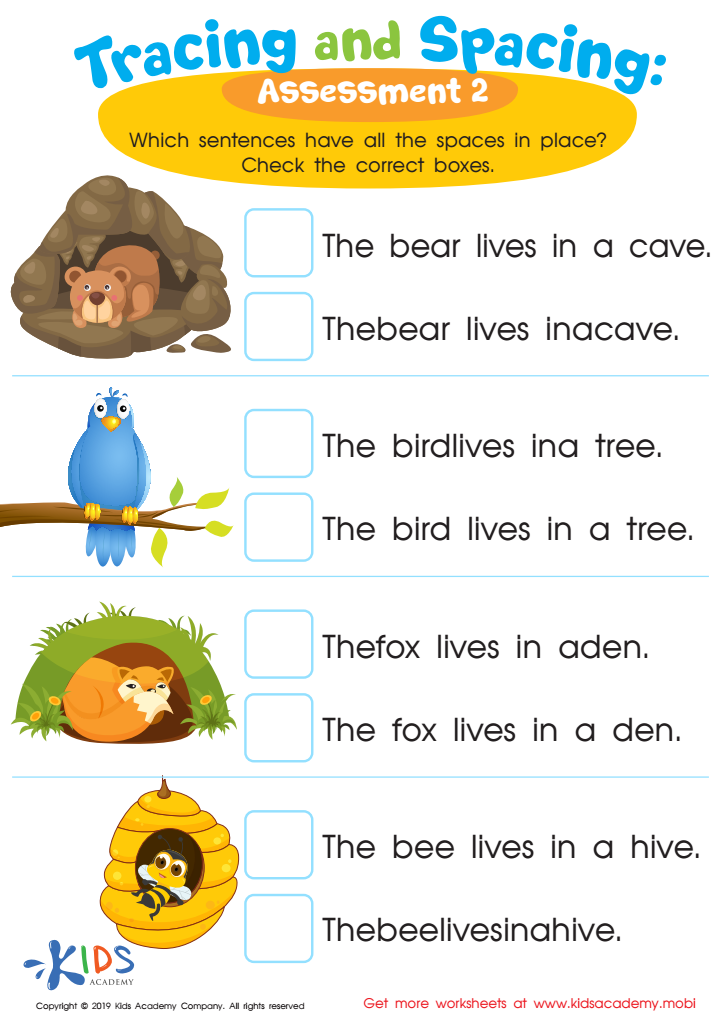

Tracing and Spacing: Assessment 2 Worksheet
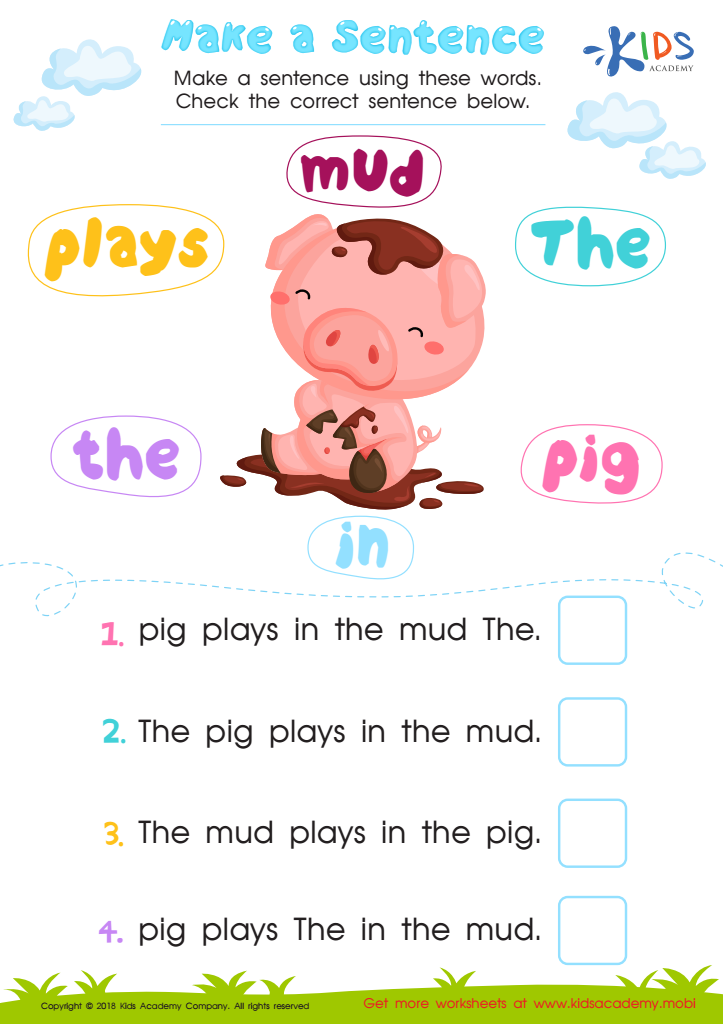

Assessment: Make a Sentence Worksheet
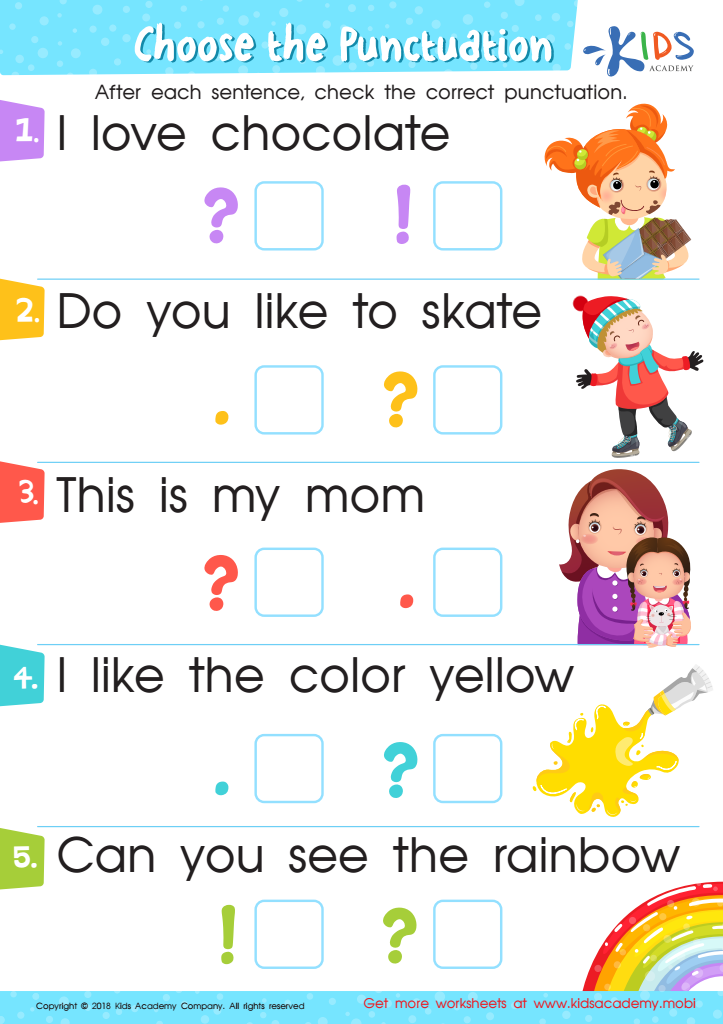

Choose the Punctuation: Assessment Worksheet
Writing activities for ages 5-7 are vital for fostering early literacy skills, which serve as foundational building blocks for a child's academic journey. At this age, children are developing their language abilities, fine motor skills, and cognitive processes. Engaging in writing promotes creativity, allowing young learners to express their thoughts and feelings clearly.
Writing activities also help enhance vocabulary and comprehension skills. When children practice writing, they learn to formulate sentences, explore story structures, and enhance their understanding of grammar and punctuation. This technical foundation supports their communication skills, which are essential for everyday interactions and learning.
Moreover, writing activities instill a sense of discipline and patience in young learners. Children learn to persevere through challenges, whether they’re forming difficult letters or editing their work. Working through these skills builds confidence and encourages a growth mindset.
Lastly, incorporating collaborative writing activities can foster social skills. Children learn to share ideas with peers, appreciate different viewpoints, and experience collective creativity. Thus, parents and teachers should prioritize writing activities as they not only nurture literacy but also contribute to emotional and social development, setting the stage for lifelong learning.

 Assign to My Students
Assign to My Students



